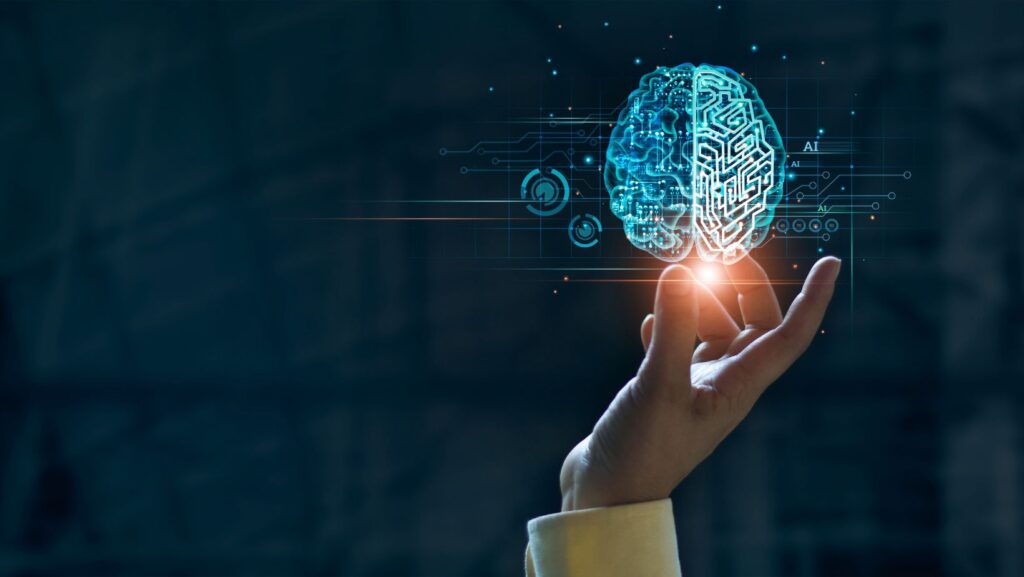Artificial Intelligence In Manufacturing
Artificial intelligence is revolutionizing the manufacturing industry. From predictive maintenance to quality control, AI is reshaping how products are made. As someone deeply immersed in the world of technology, I’ve witnessed firsthand the incredible impact AI has had on streamlining processes and increasing efficiency in manufacturing plants. It’s truly fascinating to see how machines can now learn, adapt, and make decisions on their own, leading to significant improvements in productivity and cost-effectiveness.
In this article, I’ll delve into the various ways artificial intelligence is transforming the manufacturing sector. With my expertise in the field, I’ll explore the latest advancements in AI technology and how they are being implemented on the factory floor. Join me on this journey as we uncover the potential of AI to revolutionize the way goods are produced and pave the way for a more innovative and automated future in manufacturing.
Overview of Artificial Intelligence in Manufacturing
When it comes to artificial intelligence (AI) in manufacturing, the impact is profound. AI is revolutionizing the industry by streamlining processes, increasing efficiency, and improving productivity and cost-effectiveness. As an expert in technology, I have witnessed firsthand how AI is transforming manufacturing plants worldwide.
One of the key aspects of AI in manufacturing is its ability to predict maintenance issues before they even occur. Through machine learning algorithms and real-time data analysis, machines can signal when they need maintenance, reducing downtime and preventing costly breakdowns.
Another essential application of AI in manufacturing is predictive quality control. By analyzing vast amounts of data, AI can detect defects in products early in the production process, ensuring higher quality standards and reducing waste.
Moreover, AI-powered robots are increasingly being used on the factory floor to handle repetitive tasks with precision and speed. These robots can work alongside human workers, enhancing overall efficiency and safety in manufacturing environments.

Benefits of Implementing AI in Manufacturing
Increased Efficiency
Implementing AI in manufacturing processes streamlines operations, reducing production time and optimizing resource allocation.
Improved Quality Control
AI enhances quality control by identifying defects in real-time, minimizing errors, and ensuring consistency in quality, from mass-produced printed circuit boards to sensitive LED devices.
Cost Reduction
Utilizing AI in manufacturing leads to lower operational costs, enhancing overall profitability and increasing competitiveness in the market.
AI integration in manufacturing offers a multitude of benefits, from enhancing efficiency and quality control to reducing costs, paving the way for a more innovative and competitive industry.
Challenges of Adopting AI in Manufacturing
Implementation Costs
Implementing artificial intelligence in manufacturing can incur significant costs, including expenses for acquiring AI technology, integrating it with existing systems, and maintaining and upgrading AI solutions. These costs may pose a barrier to entry for some manufacturers, especially smaller companies with limited budgets. As I navigate through these challenges, finding ways to optimize costs and maximize the benefits of AI becomes crucial for successful adoption.
Workforce Training
One of the key challenges in adopting AI in manufacturing is the need for Workforce Training. Introducing AI technologies often requires upskilling or reskilling employees to operate, manage, and make informed decisions based on AI-generated insights. Investing in training programs to ensure that my workforce is proficient in utilizing AI effectively is essential for overcoming this challenge and maximizing the potential of AI in my manufacturing processes.

Future Trends in AI for Manufacturing
As I envision the future of AI in manufacturing, several exciting trends emerge that are poised to transform the industry landscape. Here are some key developments to watch out for:
- Predictive Maintenance: AI algorithms analyzing real-time data can predict machinery failures before they occur, reducing downtime and maintenance costs.
- AI-Powered Supply Chain Optimization: Integrating AI into supply chain management can enhance efficiency, minimize disruptions, and optimize inventory levels based on demand forecasting.
- Quality Control Enhancement: AI-driven systems can improve product quality by detecting defects, anomalies, and variations in manufacturing processes with % accuracy.
- Personalized Mass Production: Leveraging AI and advanced robotics allows for customized mass production, catering to individualized consumer preferences while maintaining efficiency.
- Autonomous Manufacturing: The rise of autonomous machines equipped with AI capabilities enables unmanned operations, leading to increased productivity and cost savings.
- Human-Robot Collaboration: AI fosters collaboration between human workers and robots, augmenting workforce capabilities and efficiency in manufacturing tasks.
These future trends underscore the potential of AI to revolutionize manufacturing operations, driving innovation, efficiency, and competitiveness in the industry. Embracing these advancements is key to staying ahead in the ever-evolving landscape of AI-driven manufacturing processes.

